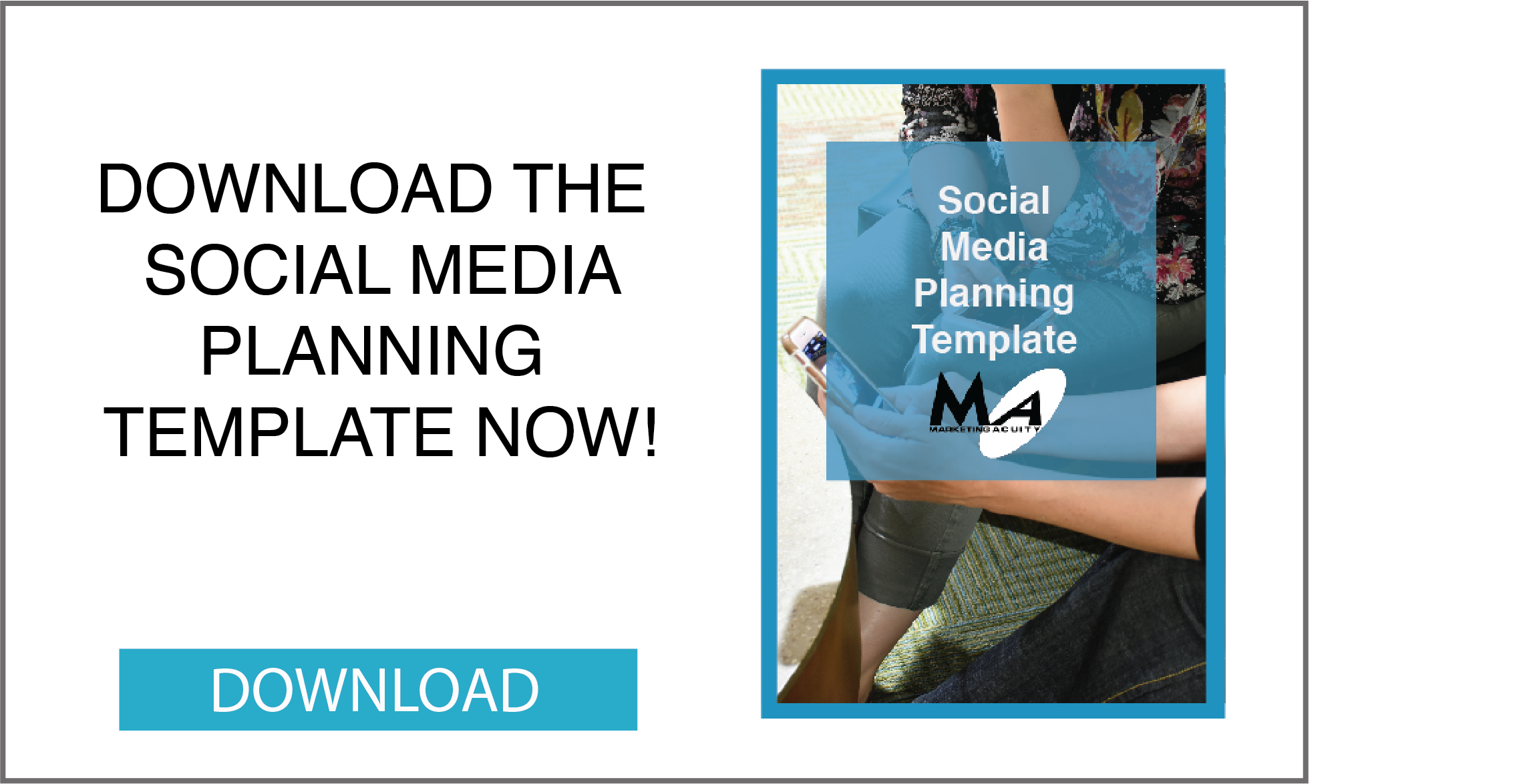The most effective social media platform for your business is…entirely dependent on the kind of business you have! There are a lot of sexy social media marketing ad headlines out there about selecting the most effective social media platform for your business, but many fail to take into account that you and your business and, most important, your customers are unique.
Even within the same industry, no two clients have the exact same message. They might even SHARE customers (yep! we know our clients share customers – we see them all on social media), and still, their perfect social media platform might differ from their competitor’s because they manage their businesses differently.
The first point of consideration when deciding on a social platform is to go where your customers are. If they’re already on Facebook and Instagram, go there. But don’t overlook the power of other social channels like YouTube, Pinterest or even Twitter. For instance, in the UK, Twitter is very popular for one of our customer’s industry (and in general among those living in the UK) – but here in the USA, far fewer people who spend time in that industry use Twitter. It’s more Pinterest and Facebook here than Twitter over the pond. Why is this? A number of factors including early adopter influencers, cultural differences and how the platforms attracted users to begin with. But if we want to attract customers from the UK, we need to spend time there, even if our audience is on Facebook in the USA.
So if you’ve identified where your customers are – through survey or other research – and determined that they are on, say, Instagram and Facebook, but you know nothing about Instagram, should you go there? Yes and maybe no. If you’re not going to use Instagram (or hire your marketing agency to do it for you), then Instagram is a poor choice. You won’t use it enough to really take advantage of your ability to connect with your customers and it won’t be successful. If you’re willing to invest – either your time or your money – in Instagram, then it can be successful for your business.
What about being on all major social platforms? Do you have time to do this well? Most business owners are great about executing their services- but they’re not always so great at marketing. Further, even if they ARE great at marketing, eventually they have to get back to doing the thing they went into business for or they won’t have a business! It’s better to select a couple of social channels, and get really good at marketing on them, than to be mediocre at five of them.
But should I invest in just one platform? Nope. Putting your eggs in, say, a Facebook basket, and then finding out that between algorithm changes, and the #DeleteFacebook movement has left your customers fleeing the network, you could be in big trouble. Or, as one of our customers said “I’ve built my whole business on Facebook, what do I do now?” Simply put, building your business on any platform is a risk. It’s building a house on rented land.
So how do you choose the most effective social media platform for your business?
- Research your customers through surveys, polls and plain old asking where they spend their time online
- Target your audience to the ones that do the most business with you now, with an eye to the next audience you want to attract
- Select 2-3 platforms you can do well that also match up with your audience (Venn diagram, make it funny)
- Get some help on strategy at a minimum, execution if you can (your marketing agency is helpful here)
- Measure, test, measure, test, refine
- Explore other platforms and develop a pro and con list for each
Testing and measuring are critical. You won’t know what the most effective time or message is if you do not vary your message, tone, content and timing. If your audience is on Facebook in the morning but you post only in the evening, you’ll consider it not very successful. But by discovering your audience’s ideal time for engagement, it can turn an otherwise underperforming social platform into your best tool for connecting with your customers. Same too with moving into a new audience. Your existing audience might love to see you at 8pm but your new audience really wants to engage with you at 8am, so by changing your message, content, tone or timing, you can grow your business.
Keep ahead of trends. No matter what understanding how the social platforms you use are evolving is critical for success. Go online, read, research or use the curated social feeds and emails from your marketing agency to learn the most important things you need to know to stay ahead of the game. All social platforms will change, and some of them (or social media in general) may not survive into the next decade.
Once you find the most effective social media platform for your business, rest assured, it won’t stay that way forever. Your biggest investment should be on your owned properties – web site, e-mail list and customer database. Those have stood the test of time for marketers even as social media marketing changes.
Here are some general guidelines:
Facebook:
Good for live video, for groups (customers who can engage with one another over your brand’s products or services)
Instagram:
Great for visual brands, for millennials and Xer age clients
Pinterest:
Mostly female, parents, good for crafting, creativity, travel and cooking/foodie
YouTube:
Great for DIY, how-to and video content that can educate and inform
Linkedin:
For job seekers, career switchers and new positions
Twitter:
Fast moving content, media connections, reaching those that don’t have personal profiles (e.g. other businesses, media outlets, government and NGO entities)
Owned Properties:
Your website, your blog, your house e-mail list and your customer database. All your marketing should be directed to these channels so you can keep your customers in your fold.






